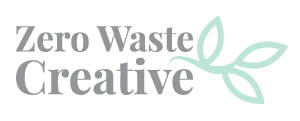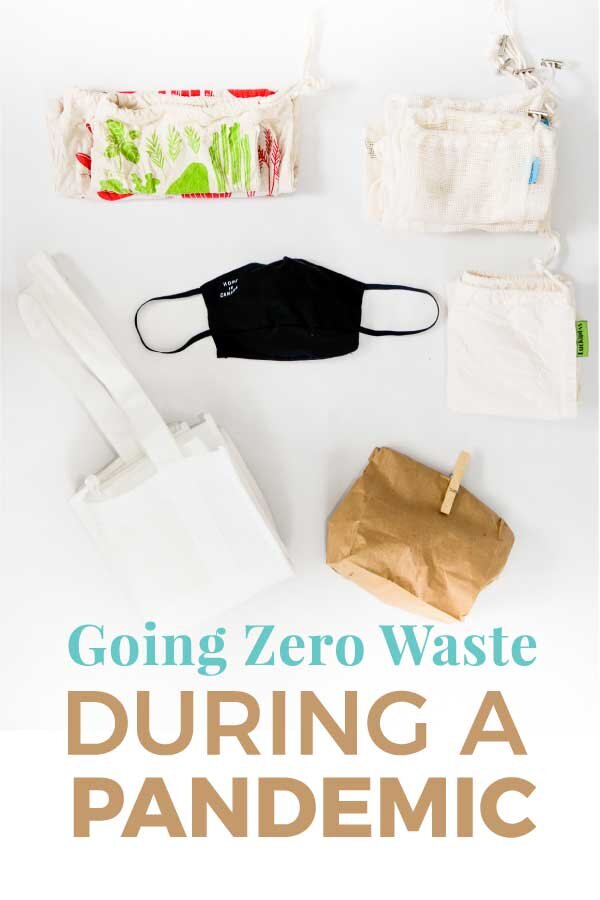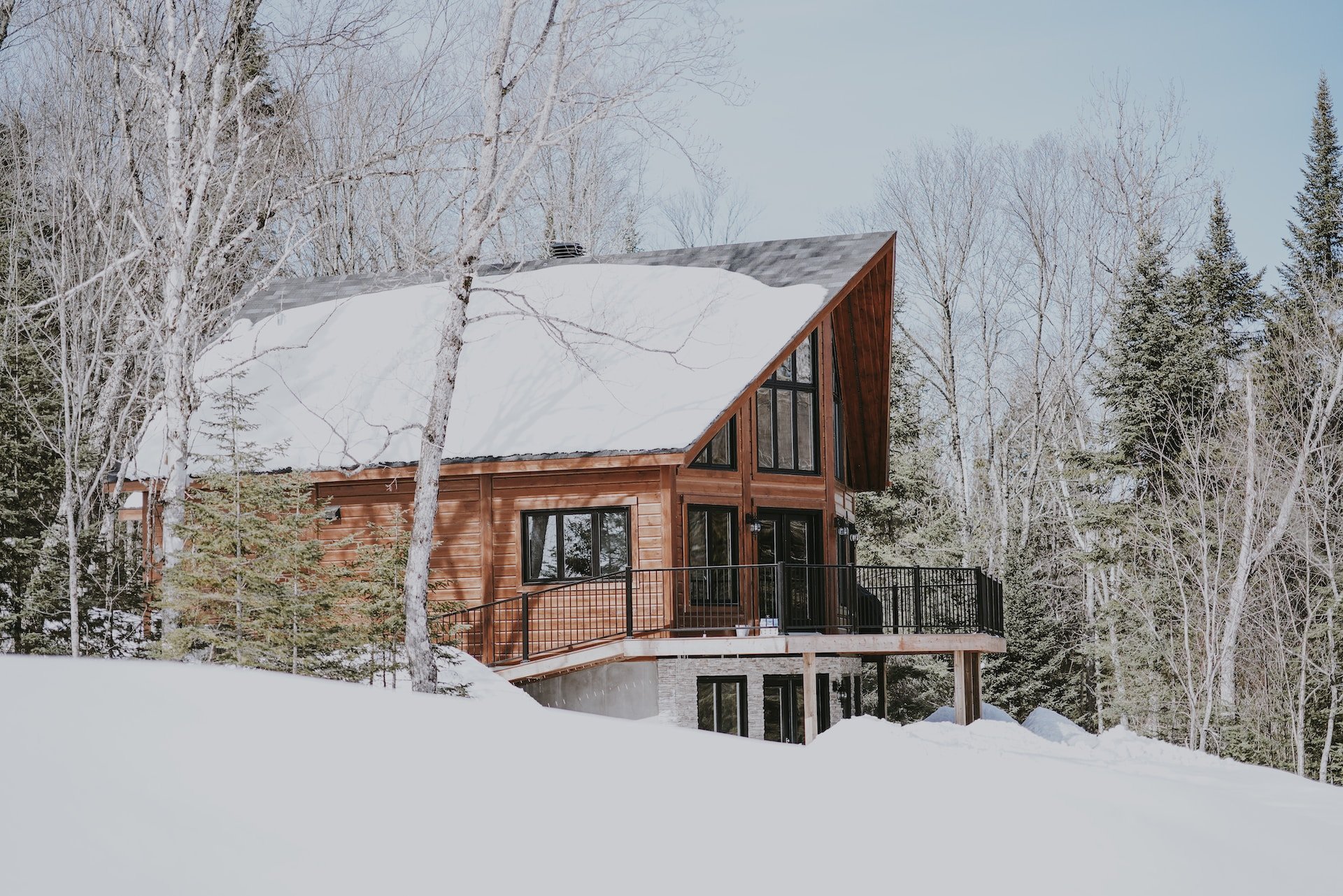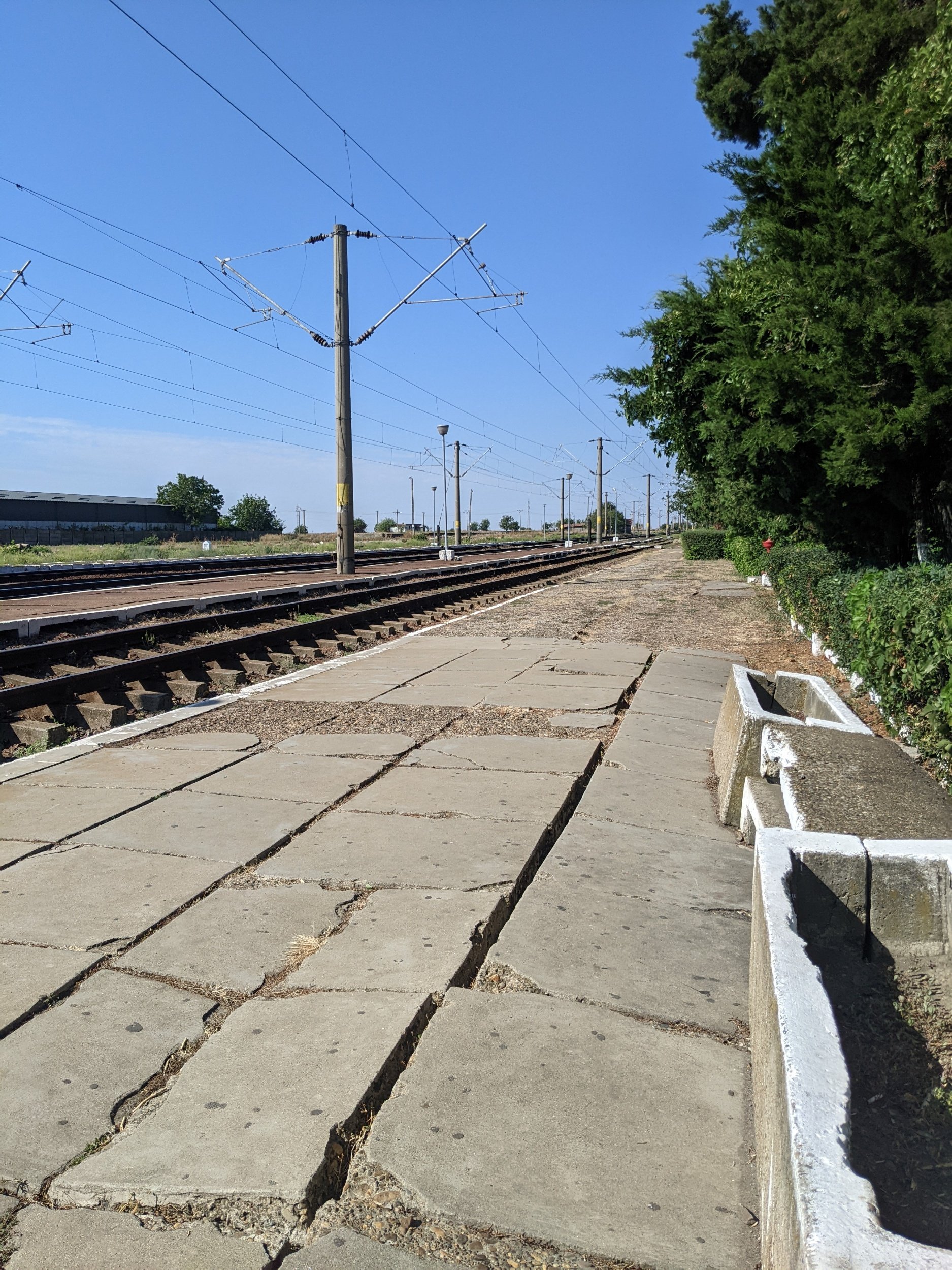Going Zero Waste During a Pandemic
Ways to work towards living more sustainably in a time of constant change.
I should start with the fact that I live on Prince Edward Island and we were blessed with few cases of Covid. Thanks to our Chief Health Officer Dr. Heather Morrison, we properly contained cases and avoided a widespread outbreak.
Despite the number of cases here, everything changed so much during this pandemic. I remember that I only got to go to Bulk Barn once with my jars and reusable bags before the pandemic regulations didn’t allow for it anymore. Some stores still allow us to use produce bags (No Frills and Sobey in Stratford allow it) but changing regulations have definitely still made my sustainable switch over a bit more challenging.
You might think, what’s the point? Living with zero waste is impossible right now because I can’t bring my reusable coffee cup or use my jars when buying bulk. Many plastic and single-use products are being justified due to current regulations and new sanitary measures. But there are still a few things you can do to work towards living with less waste!
Here are my tips on how you can still adopt sustainable change in the midst of a pandemic:
Analyze your garbage
I know this sounds odd, but trust me with this! It will open your eyes to what of your favorite products use plastic and will help you decide if you want to keep buying the same product or look for alternatives that don’t use plastic — or at the very least, are sustainably made with recyclable packaging.
This will also help you think twice when you want to buy something new. I wouldn’t suggest this if I didn’t try it myself. After taking a look, I realized we had a LOT of extra waste on meat packaging, frozen fruits, frozen veggies, and grains. I couldn’t find a solution for the meat because the butcher didn’t like the idea of bringing our own containers. For the frozen veggies, I decided to buy them fresh from the store and freeze them myself or look for recyclable bags. I replaced most of the frozen fruits with farmer’s market frozen produce (which comes in a big cardboard box) and switched over to recyclable packaging for the rest.
Keep bringing your own bags
If you live in a place like PEI where the government has banned single-use plastic bags, you can still bring your own bags to most retail locations! It is recommended really, but you have to bag your own groceries, which I am totally fine (it makes unloading easier anyway). I also still bring my own produce bags but I throw them in the wash after every trip to the grocery store, with no exceptions.
If you aren’t sure what is the standard in your area, call to check! It is one small thing you do that could save way more plastic from ending up in a landfill from your weekly shopping trips. If your area does not allow you to bring your own bags, consider adding a laundry hamper or storage bin to your trunk and wheeling your purchases out to your vehicle before placing them inside to be brought home. At least 267 different species have been affected by plastic pollution in the ocean, and 100,000 marine animals are killed by plastic bags annually. Finding an alternative solution to plastic that works for you is no longer the “right thing to do”, it is necessary to avoid harming more wildlife and ensure the healthy future of our planet.
Use up what you already have
I think this is the hardest part for me. With the constant worry that the world can go to hell in a matter of hours, I find it calming knowing that I have a full pantry and a full freezer.
I think that is ok, as long as we keep track of what we have and we actually use it. I recommend using labels every freaking time. You don’t need fancy labels, a marker will do. Write down the date on the packaging and have a system like, the bottom or the back of the freezer or shelf has the fresher products, while the top or front of the freezer or shelf has the foods that need to be used first.
When I say “use everything you have” I do not mean just food — think outside the box! For instance, I need another bed for my older dog. I can buy one or I can easily make one out of all the old pillows and fabric that I have hanging around the house. I have an old dresser hat really doesn’t fit with our style, but we will make good use of it before we replace it. And IF we replace it, we will most likely update it first, then sell it to somebody else who will love it more than us.
Buy in bulk
I still think that zero waste is for the privileged and we, PEI Islanders were blessed with two amazing stores where we can buy in bulk: Bulk Barn and Monsieur VRAC.
We also have farmer’s markets where you can buy coffee and a bunch of other stuff in bulk…well, kind of. I have noticed, however, that I tend to buy more than I need when buying bulk. That’s why I find it super important to have a list and specific amounts you need to buy for each item. Researching how long a product will last in-home storage will also help you determine the quantity, and plan ahead for future ingredient use.
Transitioning over to storing bulk can be tricky. Invest in some quality storage solutions to maximize your pantry’s capacity and allow you to visualize the space you have before heading out to shop. If you are able to use your own jars, planning out your shelving space in advance will save you time and effort post-shop too!
Start composting ASAP
Did you know that in PEI we wasted roughly 1 kg per month? A study by Dalhousie University found the average household’s food waste increased by 13.5 percent since the start of the pandemic.
From my experience, I can say that it is impossible to have a zero-waste kitchen. There will always be peels from potatoes, some old lettuce leaves, or a few lemon peels that need to be disposed of.
I am looking forward to the last freeze of the year so I can start composting again! We have two big compost bins in the backyard that we kept adding to last year and we made some beautiful, nutritious earth for this year’s garden.
I don’t know how to compost during the winter, so if you do, let me know. I would also love to hear more about some of your sustainable solutions during this season of COVID.
— Claudia

















I delve into a detailed and introspective exploration of the myriad items I have chosen not to buy in 2024.